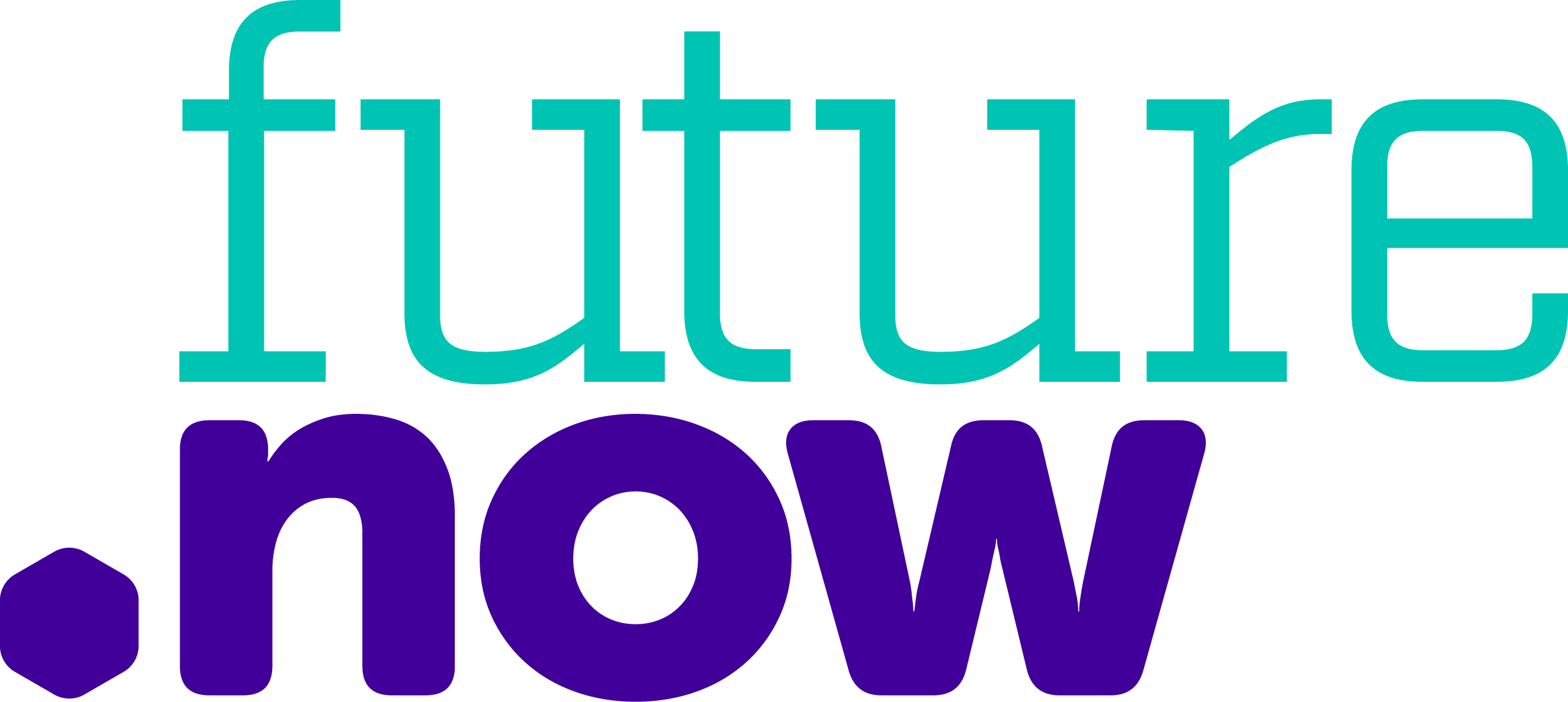By Liz Williams MBE FRSA, CEO, FutureDotNow – 17 June 2022
This week saw the launch of the Government’s new Digital Strategy. A significant piece of policy. I’m encouraged by what I read and concerned about what’s missing.
The Government has ambitious aims around the digital economy. Achieving them will require serious focus on the significant gap in digital capability and confidence that’s holding back UK productivity and prosperity. I don’t see enough attention in the strategy on that part of the puzzle.
The question I keep asking myself is: ‘How can the UK be an economic digital powerhouse when so many people lack the digital basics?’
We’re well into the fourth industrial revolution – our transition from an analogue society to one completely underpinned and powered by digital technology. That requires bold ambition for the digital capability of everyone in the UK.
As FutureDotNow’s recent report ‘Unpacking the hidden middle’ shows, nearly two thirds of today’s workers (68%) would benefit from growing their digital skills and capabilities. That’s people at every level, from the C-suite to the shop floor. Millions are in the workforce without the full suite of digital basics defined by the Government as essential. Staggeringly, one in ten people in the UK still don’t have the foundation skills to get online.
Of course, not everyone who masters the basics will progress to advanced skills, but no-one can advance without them. No wonder we have so many talent gaps in higher-end tech jobs – the talent pipeline is blocked!
It’s essential to move away from seeing the digital skills challenge as two dimensional – the digitally excluded and the deficit in high end tech talent. It’s a much more complex and holistic issue.
So yes, it was encouraging to see it plainly stated that ‘it is the ambition of this Government to ensure the development of digital skills across the whole of the UK’ and recognition of the people sitting between digital exclusion and advanced digital skills. I was clearly delighted to see use of the ‘hidden middle’ – language coined last year by FutureDotNow for this group. But what I’ve yet to see is any quantification of that ambition and detail on the plan to realise it.
Of course, it’s not just a job for Government. As the Digital Strategy says ‘upskilling the ‘hidden middle’ requires a significant commitment from employers, individuals, third sector organisations and the Government’. But Government does have an important part to play in setting the national ambition and convening others to coalesce around it.
I’d loved to have seen of the strategy include a north star goal around transforming the UK into a nation of digitally capable and confident citizens. And for that to be underpinned with ambitious time bound goals, including where we are focused at FutureDotNow – working with business to equip working age adults with the digital basics at pace.
The Digital Strategy talks of the UK being a ‘global science and tech superpower’, and ‘making the UK the best place in the world to start and grow a technology business’. Addressing the basic skills gap is integral to achieving those goals.
To that point, I was fascinated to note that our latest report, Unpacking the hidden middle identifies online safety skill gaps as featuring heavily in the top 10 skill deficits in the working population. The data shows almost a third of the workforce are unable to update computer security systems to protect from viruses and other risks. Boom! Could that be a contributing factor to the high numbers (39%) of businesses that have reported cyber security issues in the past year? It’s a sobering example of the business and economic impact of the basic digital skill gaps.
I’m delighted to have been invited by the Minister to join the Government’s new Digital Skills Council. As the strategy notes, this new body will set an ambitious agenda to tackle the digital skills needed for the workforce of the future. I’m excited to get started and, no surprises, I’ll be championing the need for bold ambition for the digital capability of everyone in the UK.
As the strategy says, ‘the UK’s economic future, jobs, wage levels, prosperity, national security, cost of living, productivity, ability to compete globally and our geo-political standing in the world are all reliant on continued and growing success in digital technology’.
With the stakes this high, it’s critical everyone has the digital skills necessary to participate, contribute and benefit.
Liz is a long-term campaigner on the importance of everyone benefiting from digital technology. She is the CEO of FutureDotNow, Chair of social change charity Good Things Foundation, and a fellow of the RSA. In 2019, she was awarded an MBE for her services to digital literacy and social inclusion.
